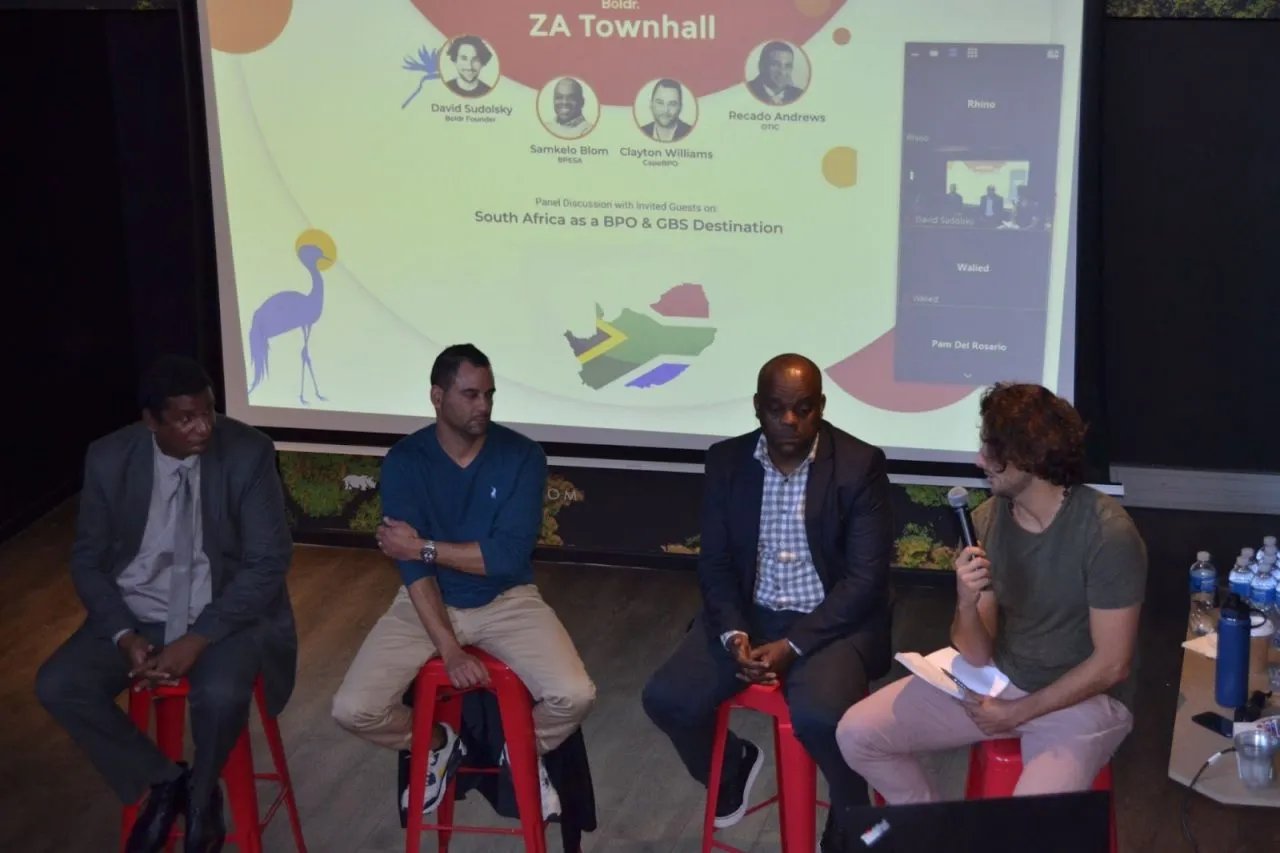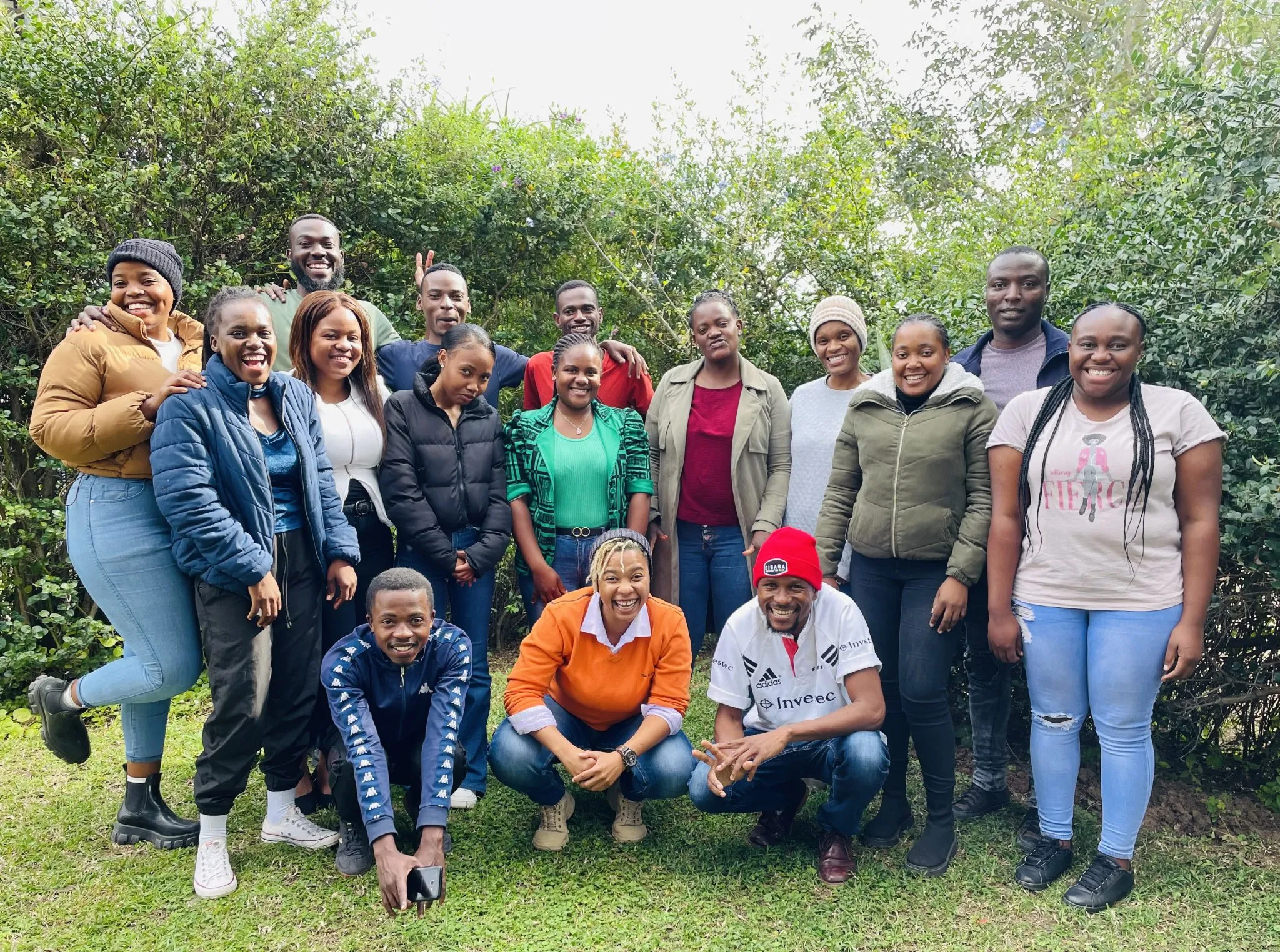The last couple of years has seen a steady increase in the Business Process Outsourcing (BPO) sector in South Africa. Worldwide lockdowns contributed largely to the adoption of work-from-home arrangements, which further fueled the global expansion of business opportunities within this industry. While relevant stakeholders envisioned exponential growth for SA in the coming years, they also earmarked the Mother City as the destination most likely to enjoy the fruits of this growth.
On 24 June 2022, four prominent outsourcing industry specialists gathered at the Boldr South Africa offices. There they engaged in a panel discussion about positioning SA as a competitive BPO & GBS destination. However, as opportunities and challenges became apparent, the Western Cape took preference when compared to other regions.
The emergence of a new business strategy
It has already been established that the pros of outsourcing critical business processes to BPO or PEO companies far outweigh the cons, especially where they use outsourcing as a means to reach beyond their HQ locale. Not only does it allow for expansion into foreign territories without the legal requirements, but it allows organizations to enjoy a diversified workforce, while empowering talented individuals who are scattered across impoverished parts of the world.
Unfortunately there will always be the concerns of skills development, fair wages and other employment conditions, some of which have come under scrutiny over the years.

“One of the biggest risks in SA is providing security and safety for those who work late nights,” said David Sudolsky, Founder and CEO of Boldr, a global impact-driven outsource company employing more than 1200 people across South Africa, Mexico, Philippines, USA, and Canada. “That is our primary objective because we are a people-first organization. It is important to consider all socio-economic factors beforehand, like ensuring that there is electricity through means of generators.”
Samkelo Blom from Business Process Enabling South Africa (BPESA), believes that the terrain has changed immensely for employers, and encourages them to view the industry from an employee’s perspective.
“Staff loyalty is gone. Days of working for an employer for years and years, are a thing of the past,” Blom said. He further reprimanded employers by adding, “Who wants to work in a call center for many years and not go anywhere. You can’t have someone in your office for ten years without letting them grow or without creating an adequate position for them to grow into. The age-old employee value proposition of working for a company with an in-house canteen means nothing today.”
Clayton Williams, CEO of CapeBPO, offered a practical comparison, which complemented Blom’s statement. “Gold is a commodity and we treat it with such value. Why do we not also treat our people as a valuable commodity? This way we can ensure their growth and development. Where there is a need, we can’t just put a plaster over it. Those with 10 years experience must be conscious around the company’s investment in those without any experience. They must help to develop these skills and prepare younger candidates for specific positions.”
Current support structures for BPO companies
The Government stimulates outsourcing through several means. Recado Andrews from the Department of Trade and Industry (DTI) explained that they assist with local recruitment drives for outsourcing initiatives by offering annual incentives for each individual employed by a BPO. While not significant, it could be the encouragement needed to reconsider South Africa.

The DTI, together with the World Bank, also sought to simplify other processes when establishing an outsourcing company in the Republic. Previously it took 30 days to register a company in SA. Now with an interactive Business Portal, BPOs can set up and establish businesses within 24 hours.
“South Africa has the client service proposition that sets us apart,” says Andrews. “We need to bring young people into this space.”
The future of outsourcing in the Western Cape
It is no surprise that Cape Town has led the charge in acquiring BPO interests. Where the other regions are dragging their feet, the Western Cape has come to the party in every aspect.
Blom has found the local government to be responsive and open to any form of engagement. “In the Western Cape there is always a representative available or keen to listen. SA is in a sweet spot at the moment. Business leaders hoping to expand will see an opportunity to employ people in a country where there is a 36% unemployment, of which 60% is young people. The government knows it. So, our leverage point is that we will be able to create jobs.”
Clayton Williams was quick to point out that South Africa is nowhere near its full potential and that it is lagging behind other countries, such as the Republic of the Philippines. Manilla, undoubtedly the outsourcing hub in the Philippines, has a total population of 43 million people, of which more than 1 million are actively employed by organizations within the BPO industry.
“Cape Town has about 4 million people, with around 40,000 working in the BPO sector. That number should be at least 200,000,” says Williams.
As the Outsourcing industry in South Africa continues to bloom and add new revenue sources for the country (asides from mining and tourism), other Countries across Africa have looked to South Africa as a guide for setting up their own IT-BPO infrastructure. The only way to rectify this is by continually focusing on the future of outsourcing in the country.

CapeBPO is piloting educational programs in 40 schools, which will include a focus on the BPO industry, something that Williams hopes to launch as soon as possible. Blom and Andrews both expressed their concern that organizations fail to invest in mentoring of employees. Sudolsky, who has worked hard to ensure an extensive internal skills development platform which already forms part of the Boldr culture, further expressed his passion for doing good in the extended community.
“We aim to launch numerous impact initiatives in the more rural South African communities. But it can be challenging to convince larger US- or European-based organizations to hire a portion of their team through these Impact Sourcing Initiatives. The work we are facing is around educating our Clients.”
With the stage set for immediate growth in the BPO sector, and the potential relief from the consequences of poverty and unemployment, many South Africans are keen to witness an uptick in recruitment by international BPOs.
James Fouche is a Content Writer at Boldr, an author and a columnist. He is passionate about sharing his love of reading and writing with others.


